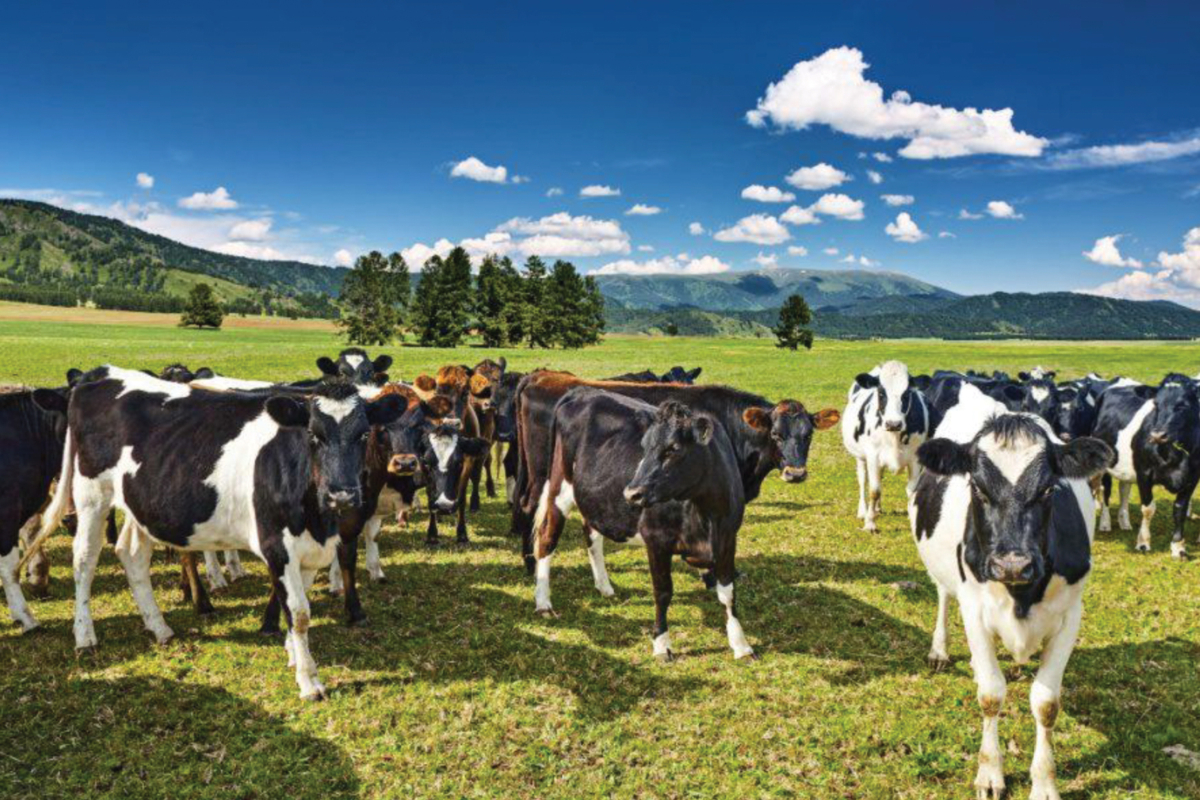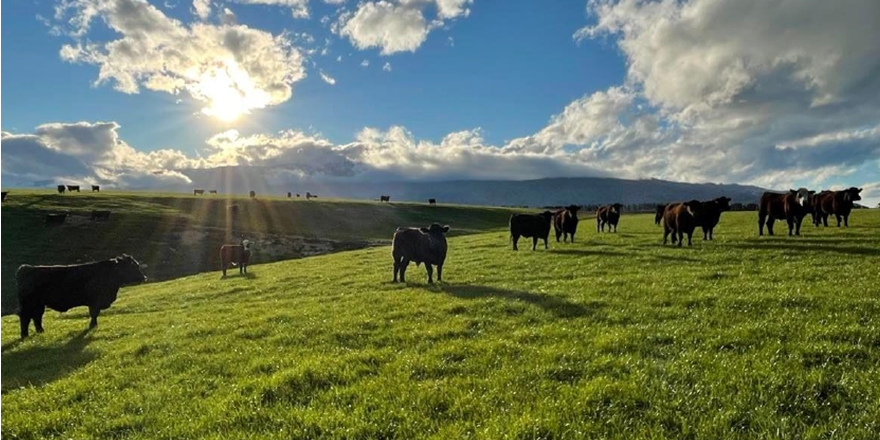
Executive summary
This report explores the critical yet underutilised role of nutrition in New Zealand’s pasture-based dairy systems. Despite its foundational importance to animal health, productivity, and environmental sustainability, dairy cow nutrition remains inconsistently applied and poorly integrated into broader farm decision-making. The project investigates the current state of dairy nutrition through a combination of semi-structured interviews with 18 key stakeholders—including nutritionists, educators, industry professionals, and rural advisors, and a comprehensive literature review.
The research identifies six core themes that represent both challenges and opportunities for the sector: (1) education and training, (2) young stock rearing, (3) precision feeding and technology integration, (4) holistic farm management, (5) financial and economic analysis, and (6) the development of new initiatives and programs. Across these themes, the report highlights significant gaps in practical training, credentialing, and the translation of scientific knowledge into on-farm practice.
Key findings include the need for standardised, modular training programs that blend theoretical and practical knowledge; the critical importance of early-life nutrition for long-term productivity of livestock; the underutilisation of wearable technologies and data tools in decision-making around nutrition; and the lack of integration between financial and nutritional advice. The report also emphasises the need for a systems-thinking approach that aligns nutrition with environmental goals, farm infrastructure, and economic viability.
Recommendations are targeted at multiple stakeholder groups. Farmers are encouraged to build foundational nutrition knowledge and adopt data-informed practices. Rural professionals should pursue micro-credentials and collaborate across disciplines. Education providers are urged to revise curricula to include more applied, pasture-based nutrition content. Industry bodies are called upon to revive and modernise the FeedRight equivalent programs, support credentialing pathways, and foster collaboration to unify messaging and improve knowledge transfer.
Ultimately, this report calls for a cultural and structural shift in how nutrition is valued and applied within the dairy sector. By investing in capability, collaboration, and evidence-based practice, New Zealand can build a more resilient, productive, and sustainable dairy industry, one where smart nutrition is not just a technical input, but a strategic cornerstone of success.
Kaitlin Bates, Kaitlyn, Katelyn




